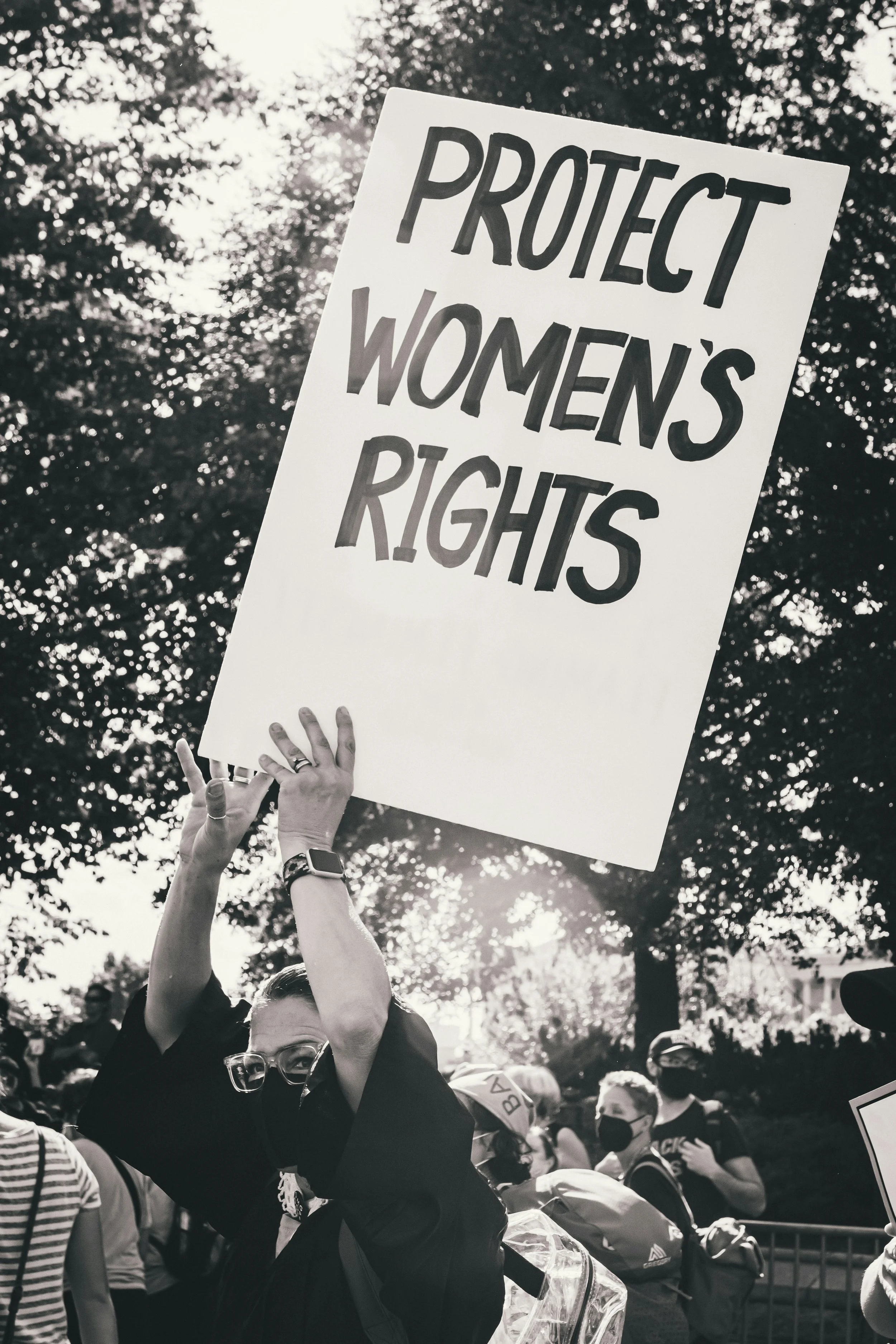Women's Rights in Scotland: Where Does SNP Stand?
By Gayatri Malhotra via Unsplash
By Emma Crossan
The Scottish National Party (SNP) have prided itself on being a political party that champions women’s rights. Throughout the years, they’ve been committed to protecting women’s reproductive rights and advancing gender equality in Scotland.
However, we’ve started seeing some changes in the party, as it appears their values are starting to change towards being anti-women.
On the 20th of November, John Swinney caused controversy when he accepted a question from John Mason, which was heavily hinting towards abortion rights.
During the First Minister’s question time in the Scottish Parliament, John Mason said: “Given the emphasis on healthcare in the report by the abortion law expert group that came out last Friday, can the First Minister give an assurance that the health of all unborn babies, wanted or not, will be at the centre of the Government’s thinking?”
John Swinney responded to this question, calling this a “legitimate concern.”
Given SNP’s reputation of being a party that supports women, this reaction is concerning regarding the future of women’s reproductive rights.
John Mason is known for supporting and even attending anti-abortion protests; Therefore, it’s worrying that our First Minister would even entertain a question like this, never mind calling the concerns “legitimate.”
Surely, if the SNP truly were a party that supported women’s rights, these comments would have been shut down, not validated.
Women’s rights are already under attack in Scotland, with anti-abortion groups such as The Society for the Protection of Unborn Children fighting for abortion rights to be overturned in the UK and American political figures such as JD Vance calling buffer zones (an area outside abortion clinics which prevents women and femme-presenting people from being harassed by anti-abortion protesters) “dangerous”.
By validating anti-abortion rhetoric, John Swinney is contributing to the fact that Women’s health is less of a priority in Scotland. The BBC reported today that mothers in Falkirk are being left to wait up to 62 hours for labour to be induced.
This is a clear example of women’s health and safety not being a priority. Meanwhile our First Minister is validating a campaign which supports further harm to women’s health.
John Swinney has understandably caused concerns with his reaction to John Mason’s questions.
Alex, a student at City of Glasgow College, said: “It’s shocking. There are many more issues going on in Glasgow. It’s a woman’s right to choose what they want to do.”
Lewis Mclean said: “It’s not good. Women should have their own choice for what to do with their own bodies.
“Political figures – especially men – shouldn’t be focusing on decisions for other women’s bodies. I don’t agree with it.”
Jack Doyle said: “The Government shouldn’t be talking about women’s bodies and what they should do. It’s their choice.”
John Swinney calling John Mason’s comments a “legitimate concern” is not the first example of an SNP leaning into far-right ideologies. In May 2024, Kate Forbes was appointed as Deputy First Minister.
Kate Forbes has previously spoken about LGBTQ rights, saying that she would have voted against same-sex marriage and stated that she doesn’t agree with sex outside of marriage.
As well as this, John Swinney showed support for the Supreme Court ruling, which states that the term “women” can only be defined by biological women, a ruling which has led to multiple cisgender and transgender women being harassed in public Bathrooms.
The gradual shift in SNP appears to be moving towards supporting extremist ideologies, raising concern that the party is changing to support taking away women’s right to bodily autonomy.
It’s worrying that the health of women in Scotland has become such a low priority and that the focus is shifting towards an anti-abortion rhetoric. It’s become clear that the First Minister doesn’t stand for women the way that the SNP once did, which could mean a very bleak future for women’s rights in Scotland.


